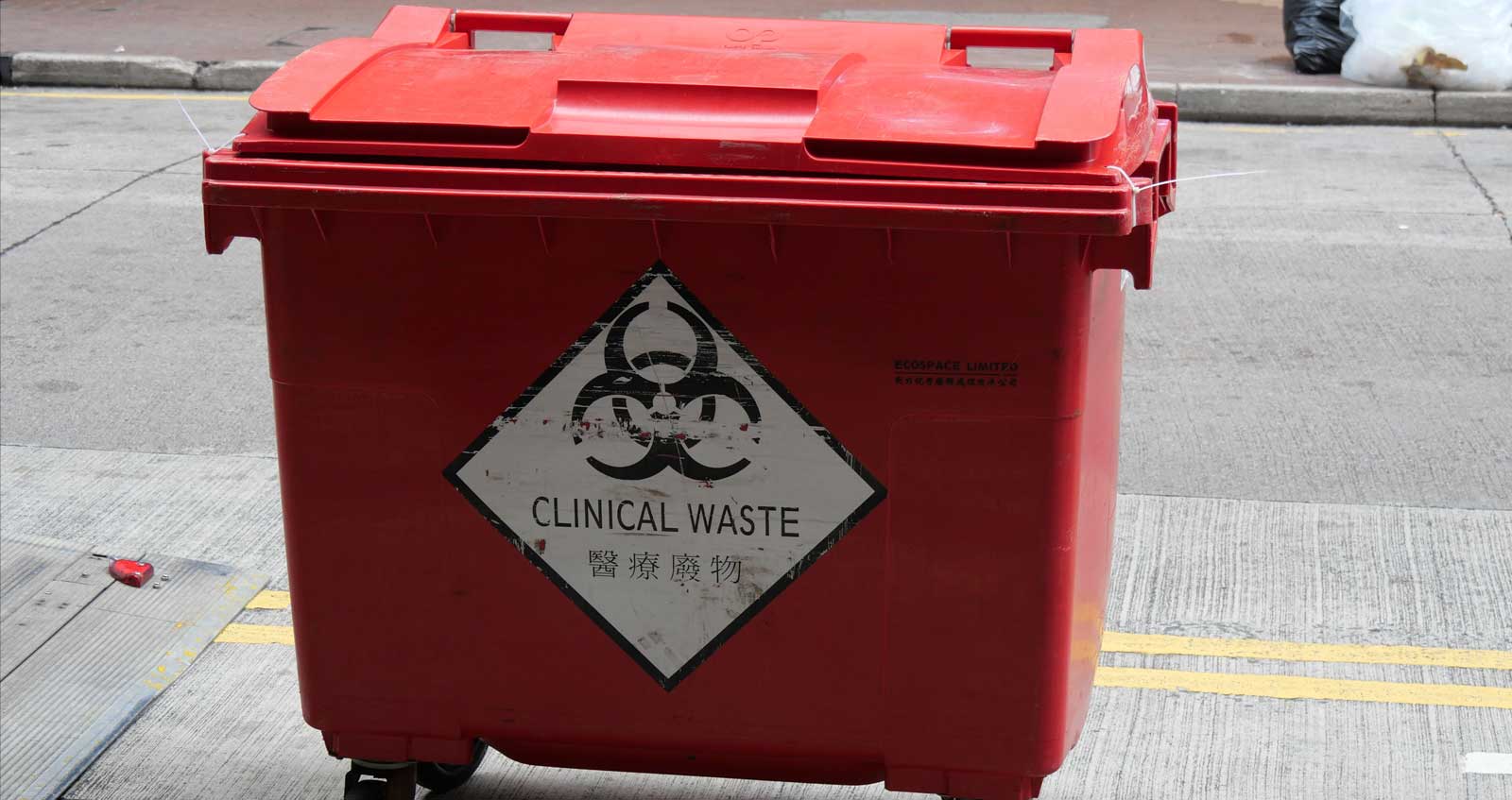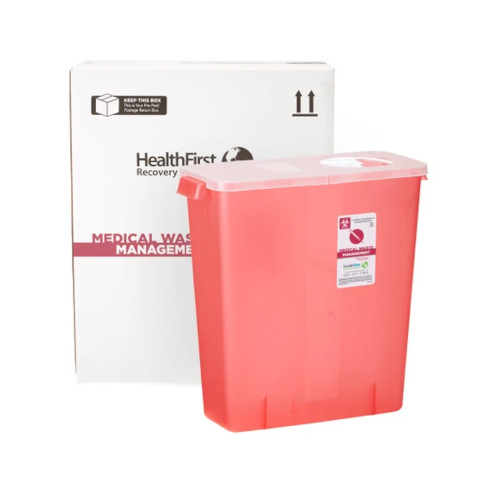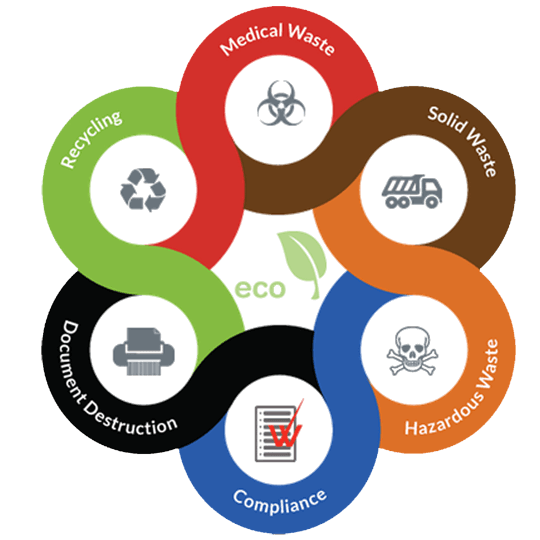Streamlined Medical Waste Disposal Services: Concern for Public Health
Streamlined Medical Waste Disposal Services: Concern for Public Health
Blog Article
Navigating Medical Garbage Disposal: Crucial Services for Healthcare Facilities
Health care centers, whether big medical facilities or small centers, are delegated with the duty of handling, dealing with, and disposing of a large range of clinical waste streams. Comprehending the important solutions that support clinical waste disposal is not just a matter of compliance yet also an essential part in securing public health and environmental health.
Regulatory Compliance Assistance
For medical care centers, making sure regulatory compliance assistance is important to preserve appropriate handling and disposal of medical waste. Sticking to policies stated by companies such as the Environmental Security Firm (EPA) and the Occupational Safety and Health And Wellness Management (OSHA) is vital to prevent environmental contamination, safeguard public health and wellness, and prevent possible legal repercussions. Regulatory compliance assistance gives healthcare facilities with assistance on exactly how to appropriately segregate, store, transport, and get rid of various kinds of medical waste according to local, state, and federal guidelines. This assistance consists of aid in producing and applying comprehensive waste management plans, conducting routine personnel training sessions, and carrying out audits to make sure continuous conformity. By partnering with governing conformity specialists, medical care centers can stay current on evolving laws, minimize threats connected with improper waste disposal, and inevitably add to a safer and more lasting setting for all.
Waste Partition Assistance

Medical care facilities have to give clear standards and training to team on exactly how to segregate waste successfully. This includes separating general waste from dangerous products such as sharps, transmittable waste, pharmaceuticals, and chemical waste.
Collection and Transport Solutions

Correct collection and transport services are necessary parts of the medical waste disposal procedure in health care centers. These solutions guarantee that hazardous products are dealt with safely and in compliance with laws to secure both the environment and public health. Medical care centers rely upon specialized waste management firms to offer reliable collection and transportation services tailored to their demands.
Medical waste collection entails setting apart different kinds of waste at the factor of generation, utilizing color-coded containers or bags to distinguish in between basic, dangerous, pharmaceutical, and other waste streams. When accumulated, the waste is carried in committed cars equipped to manage unsafe products safely.
Therapy and Disposal Solutions
In the world of clinical waste disposal for health care centers, after the crucial phase of collection and transport services, the emphasis changes in the direction of carrying out efficient therapy and disposal remedies. Therapy remedies commonly include processes such as autoclaving, which makes use of review vapor under stress to disinfect the waste.
Disposal options encompass the final step in the medical waste management procedure. Facilities might decide for garbage dump disposal, where treated waste is very carefully deposited in assigned areas. Medical Waste Disposal Services. Conversely, health care centers can choose to use waste-to-energy centers, which blaze waste to generate electricity. Reusing and source healing are also getting traction as lasting disposal options for specific kinds of medical waste materials.
Effective treatment and disposal options are paramount in making sure compliance with guidelines and safeguarding public health and the atmosphere. Health care centers must thoroughly examine and choose proper approaches that align with their waste administration objectives and sustainability initiatives.
Staff Training and Education

To properly take care of medical waste disposal in healthcare facilities, extensive staff training and education and learning play an essential function in making sure adherence to governing demands and maintaining a secure atmosphere. Proper training gears up staff with the expertise and abilities needed to take care of various kinds of clinical waste, segregate them properly, and package them securely for disposal. By enlightening workers on the dangers connected with improper handling of clinical waste, facilities can minimize the probability of mishaps, contamination, and regulatory offenses.

Final Thought
In final thought, medical care centers count on essential clinical garbage disposal services to make sure governing compliance, appropriate waste segregation, risk-free collection and transportation, efficient treatment and disposal, in addition to personnel training and education. These services play a critical duty in keeping the health and wellness of both healthcare employees and the public, highlighting the value of correct administration of medical waste in healthcare settings.
For medical care centers, ensuring regulatory compliance assistance is crucial to preserve proper handling and disposal of clinical waste. Waste segregation involves categorizing various kinds of clinical waste to make certain proper handling, treatment, and disposal. This consists of separating basic waste from unsafe materials such as sharps, infectious waste, drugs, and chemical waste.Medical waste collection entails setting apart different kinds of waste at the factor of generation, utilizing color-coded bags or bins to differentiate get more in between basic, dangerous, pharmaceutical, and various other waste streams.In the world of medical waste disposal for health care facilities, after the important phase of collection and transportation services, the emphasis changes in the direction of carrying out efficient therapy and disposal services.
Report this page